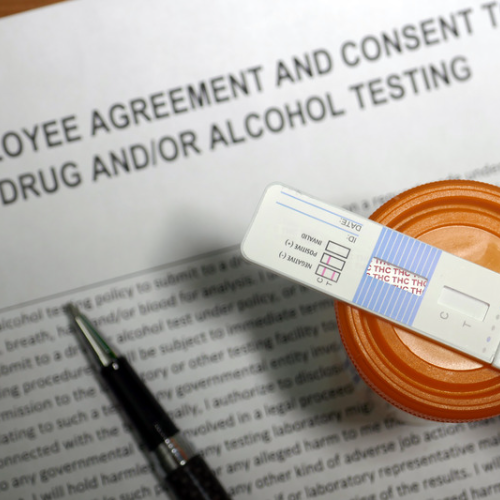On July 15, 2020, the Virginia Department of Labor and Industry’s Safety and Health Codes Board adopted an Emergency Temporary Standard on Infectious Disease Prevention: SARS-CoV-2 That Causes COVID-19 (§16 VAC 25‐220) (“Standard”) to prevent the spread of the coronavirus in Virginia workplaces. The Standard went into effect on July 27, 2020 and is set to expire within six (6) months of the effective date, upon expiration of the governor’s state of emergency, or when superseded by a permanent standard, whichever occurs first.
Virginia employers must ensure that they develop and implement policies and procedures in compliance with the requirements of the new Standard and complete the training requirements mandated by such. Certain training requirements under the Standard take effect on August 26, 2020, while others take effect on September 25, 2020. The regulations impose monetary penalties for non-compliance with the Standard.
Some of the general requirements for all employers include:
- Assessment of Job Risk Levels:Must (1) assess the workplace for hazards and job tasks that potentially expose employees to the COVID-19 virus; (2) classify each job task (or a group of similar tasks) according to the hazards employees are potentially exposed to and designated as “very high,” “high,” “medium,” or “lower” exposure risk; and (3) once the risk level is determined, must ensure compliance with the applicable section of the Standard for such risk level.
- Employee Reporting and Assessment: Must establish a system for employees (including contractors, subcontractors, and temporary employees) to report positive test if they were present at the place of employment within the previous 14 days from the date of positive test.
- Notification Requirement within 24-hours of discovery:Must notify employees, reasonably believed to have been exposed, that a co-worker has tested positive for COVID-19 within 24 hours of discovery; the infected co-worker’s identity and name must be kept confidential in accordance with the Americans with Disabilities Act (ADA) and other applicable federal and Virginia laws and regulations. Must provide notice of same to other agencies as outlined in Standard.
- Return to Work Policies:Must develop and implement policies and procedures for known or suspected COVID-19 employees, as well as known asymptomatic employees, to return to work, per either a test-based method, or time-based method as outlined in the Standard.
- Focus on Adequate Sanitation and Disinfecting: Employers must develop methods for cleaning and disinfecting areas accessed by known or suspected to be infected employees, as well as all common spaces and high touch surfaces.
- Enforcement of Physical Distancing:Must establish and implement policies and procedures that ensure that employees observe physical distancing while working and during paid breaks.
- Personal Protective Equipment (PPE): Employers must provide Personal Protective Equipment (PPE) to employees, including respiratory protection, as applicable to the employees’ work industry and mandate its proper use per VOSH laws.
- Anti-Discrimination: Employers must not discharge or discriminate against employees who raise a reasonable concern about infection control; exercise their rights under safety and health provisions of the Standard; or voluntarily provide and wear their own PPE if such equipment is not provided by the employer, provided that such PPE does not create a greater hazard to the employee or serious hazard to others.
In addition to the above, the Standard mandates certain additional requirements specific to places of employment, or job tasks, designated as “very high,” “high,” “medium,” or “lower” exposure risk. We are closely monitoring this matter and are available to answer any questions or assist you in implementing the specific requirements of the Standard as applicable to your business.
For more information and assistance with drafting your plan please call us at 703-766-8081.



